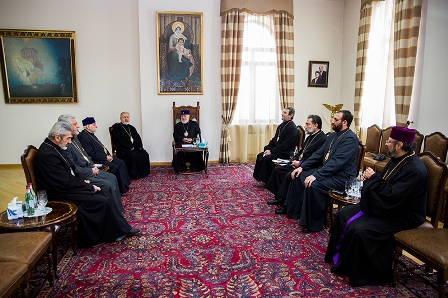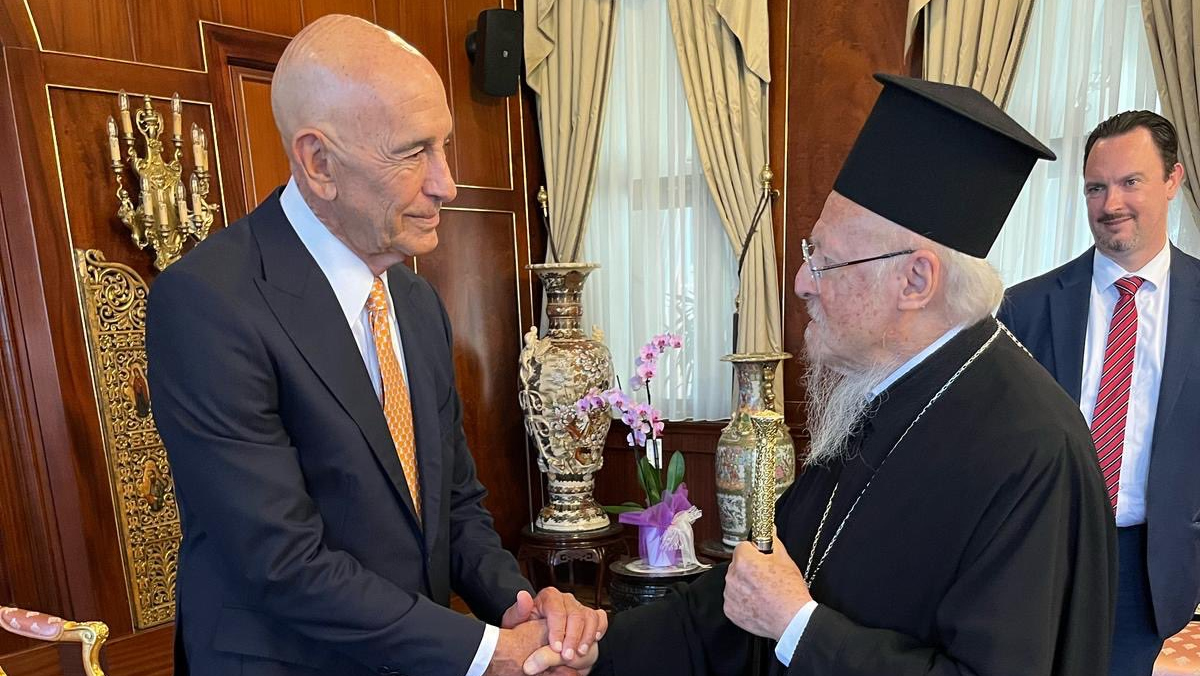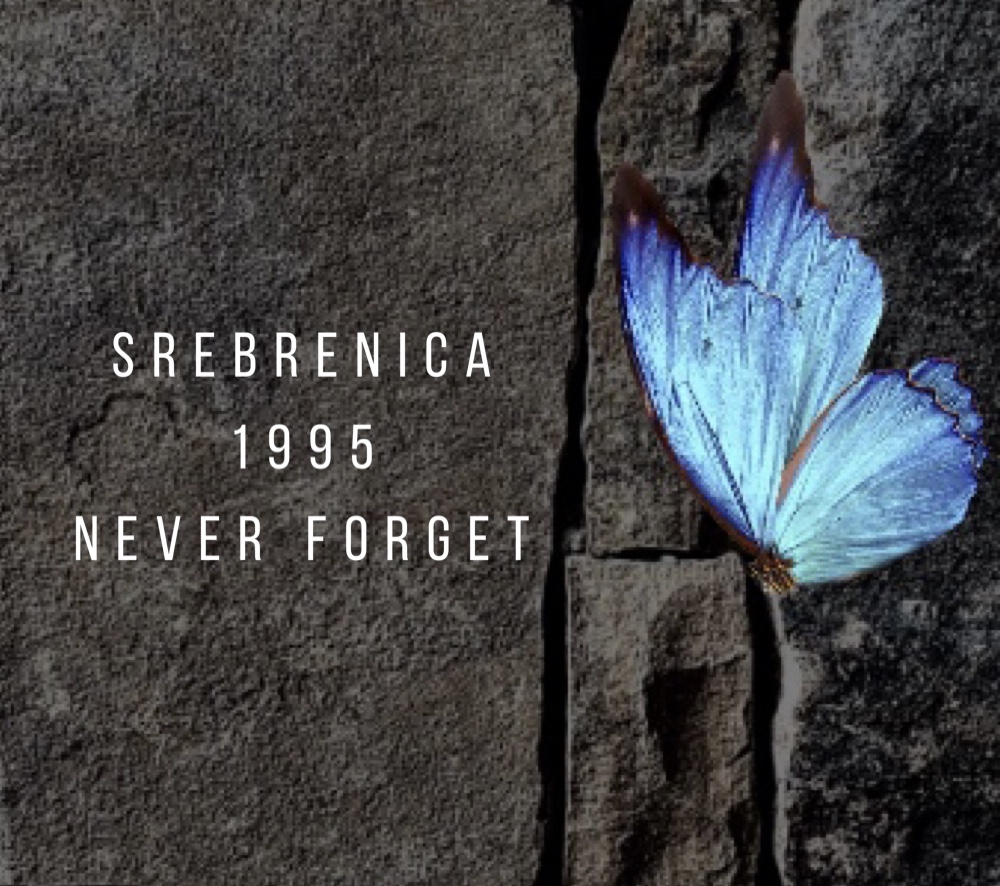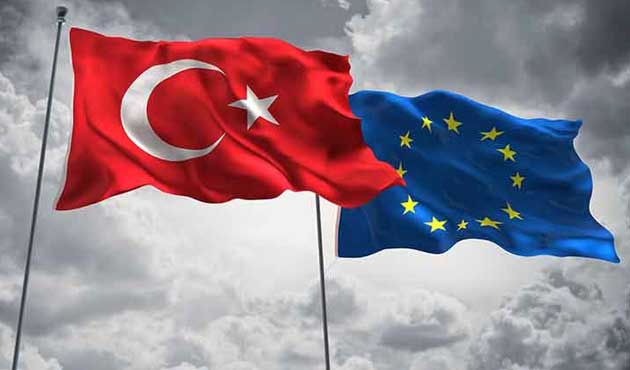Back in April, Prof. Erik-Jan Zürcher had issued a statement about the centenary of the Events of 1915. On 18 April, I had prepared an article that criticized Zürcher’s statement for its various aspects.[i] A short evaluation of my article was posted in Turkish by the Jiyan.org website (to access this evaluation, please see the endnotes section).[ii] A number of points must be indicated regarding this evaluation:
1. In the context of the term genocide, the word “denial” is primarily used in reference to people who argue against the reality of the Holocaust. There are fundamentally two factors that trigger these kind of people’s attitude on this issue: 1) They sympathize with Adolf Hitler and the Nazi party, and 2) They harbor anti-Semitic sentiments and attempt to justify them with various excuses. Yet, people who reject the “Armenian genocide” narrative in general do not possess such a mindset. As in, they do not have a longing for the days of the Ottoman Empire, nor do they harbor an “anti-Armenianness”. The point that they fundamentally object to is the invalid application of the legal term genocide to the Events of 1915. As such, the blanket application of the world “denialist” to anyone who rejects the “Armenian genocide” narrative is nothing more than a cheap labeling tactic and a shallow way to characterize people.
2. Based on both Turkish and non-Turkish sources I have read so far regarding the Events of 1915, it is simply not possible for me to adopt the “Armenian genocide” narrative. To do so would require me to deny all the knowledge that I possess about this issue. To do so would be to truly engage in denialism.
3. In my article, I had stated that Zürcher’s centennial statement “portrays [him as] a partisan historian”. Jiyan.org, however, narrates my article as if I had stated that Zürcher’s centennial statement “makes him a partisan historian.” This is obviously not what I had stated. There is a difference between the words to portray and to make.
4. My article does not contain any part in which I assess the Ottoman government’s relocation of its Armenian subjects as being “reasonable”. In my article, I had stated that the Ottoman government considered relocation to be necessary in overcoming the threat imposed by armed Armenian groups. Despite the fact that a century has passed since 1915, no document has been uncovered which would showcase that the Ottoman government acted with the intention of exterminating its Armenian subjects. On the contrary, documents have been uncovered which indicate that the Ottoman government had no such intention. It would be very difficult to go back one hundred years from 2015, and assess a past event as being “reasonable” or “unreasonable” by employing today’s standards. It is a fact that Ottoman Armenians suffered greatly. Yet, it is also a fact that armed Armenian groups tormented Ottoman Muslims; 518,000 Muslims in Anatolia died because of these groups’ aggressions. These armed groups domineered Ottoman Armenians who did not think like these groups and tormented them as well. The Events of 1915 did not unfold in the way that Armenians explain to themselves and to others around them.
5. My article does not contain the statement; “Moreover, why should we recognize the genocide when history and law are at Turkey’s side?” In reality, my article contains the following statement; “Law and history are on Turkey’s side, so why should Turkey affirm the genocide narrative?” The statement that Jiyan.org attributes to my article, and the statement that is actually in my article differ from each other in their meaning. The statement that Jiyan.org attributes to my article gives off the following meaning; “There was a genocide, but history and law are nevertheless on Turkey’s side, so Turkey is not obligated to recognize this genocide.” On the other hand, the statement that is actually in my article gives off the following meaning; “Historical facts and law invalidate the genocide narrative. As such, Turkey is not obligated to accept this narrative.”
6. Making peace, in any shape or form, cannot be attained by blindly accepting a narrative which is based on distortions, exaggerations and sometimes outright fabrications, and which is used to create negative opinions about a specific target. The “Armenian genocide” narrative is built upon ignoring historical facts and law, and is today being employed as a weapon for intensifying Turcophobia and anti-Turkey sentiments. How can such a narrative serve to facilitate making peace in any shape or form?

 THE EVENTS OF 1915 AND THE WORD “DEPORTATION”
THE EVENTS OF 1915 AND THE WORD “DEPORTATION”
 OUTSIDE INTERVENTION TO THE ELECTION OF THE ARMENIAN PATRIARCH OF ISTANBUL
OUTSIDE INTERVENTION TO THE ELECTION OF THE ARMENIAN PATRIARCH OF ISTANBUL
 SOME CRITICISMS REGARDING PROF. DR. ERIK-JAN ZÜRCHER’S CENTENNIAL STATEMENT - II
SOME CRITICISMS REGARDING PROF. DR. ERIK-JAN ZÜRCHER’S CENTENNIAL STATEMENT - II
 THE HARMFUL EFFECTS OF THE POLITICIZATION OF THE FENER GREEK PATRIARCHATE
THE HARMFUL EFFECTS OF THE POLITICIZATION OF THE FENER GREEK PATRIARCHATE
 OPPOSITION AGAINST THE TURKEY-ARMENIA NORMALIZATION PROCESS THROUGH THE USE OF CARTOONS
OPPOSITION AGAINST THE TURKEY-ARMENIA NORMALIZATION PROCESS THROUGH THE USE OF CARTOONS
 A 26-YEAR-OLD BLEEDING WOUND: THE SREBRENICA GENOCIDE
A 26-YEAR-OLD BLEEDING WOUND: THE SREBRENICA GENOCIDE
 EU'S INCORRIGIBLE BIAS AND ANTAGONISM AGAINST TURKEY HAS BEEN REVEALED
EU'S INCORRIGIBLE BIAS AND ANTAGONISM AGAINST TURKEY HAS BEEN REVEALED
 BREXIT PROCEEDS BUT UNITED KINGDOM PAYS NO ATTENTION
BREXIT PROCEEDS BUT UNITED KINGDOM PAYS NO ATTENTION
 SOVEREIGNTY AND SYNERGY: INTEGRATING MONTREUX CONVENTION COMPLIANCE INTO EU BLACK SEA SECURITY ARCHITECTURE
SOVEREIGNTY AND SYNERGY: INTEGRATING MONTREUX CONVENTION COMPLIANCE INTO EU BLACK SEA SECURITY ARCHITECTURE




























